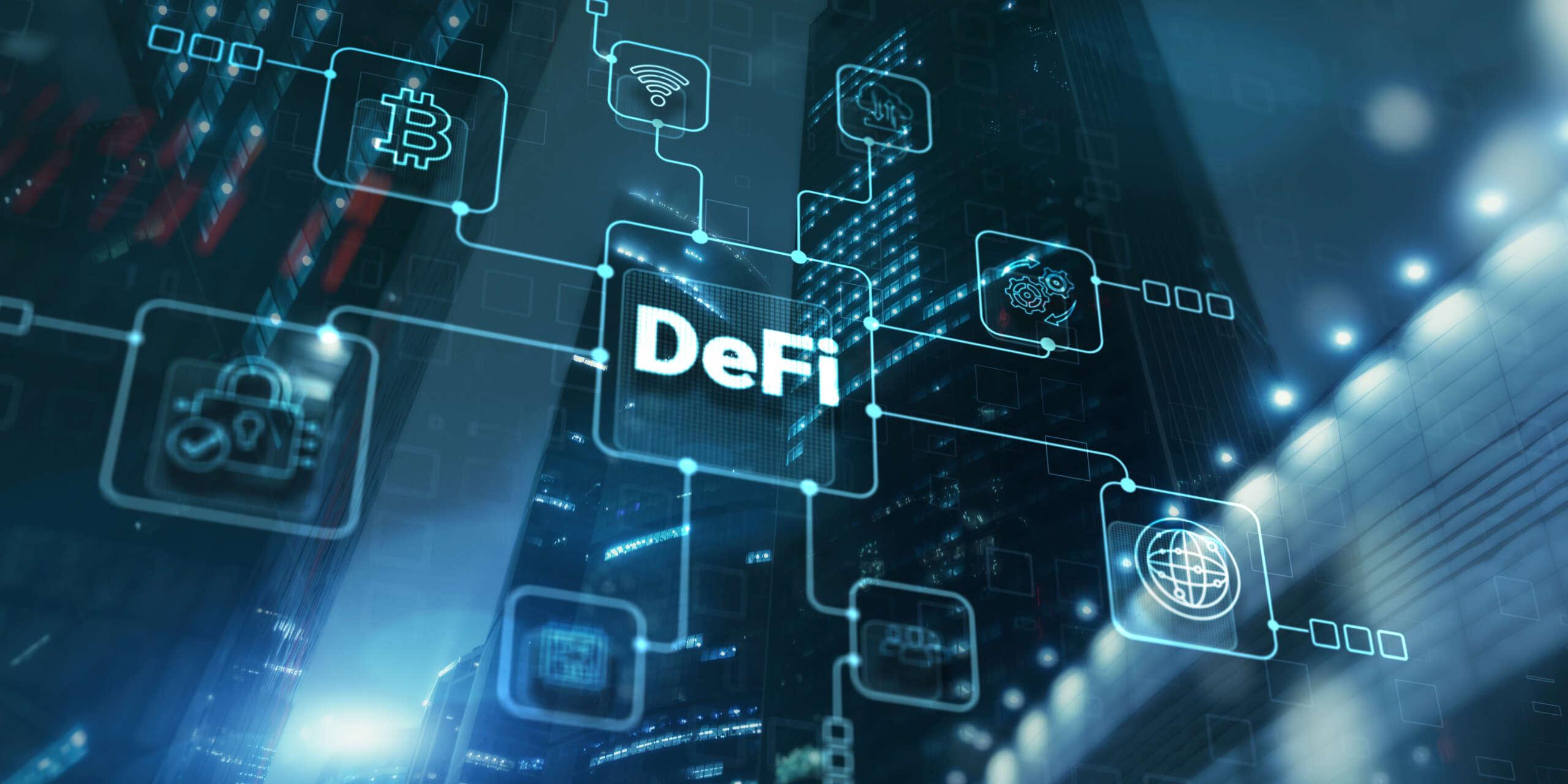Decentralized applications, commonly known as dApps, are poised to revolutionize the way we interact with technology. These applications use blockchain technology to create a decentralized network that eliminates the need for intermediaries and central authorities. The future of dApps looks bright, with the potential to change the way we manage data, store value, and exchange goods and services. However, there are several challenges that must be addressed if dApps are to reach their full potential.
One of the biggest challenges facing dApps is scalability. Currently, dApps struggle to handle the same level of traffic as traditional applications, which can result in slow transactions and high fees. This makes it difficult for dApps to attract users, as many people prefer fast, low-cost applications. To overcome this challenge, dApps development must find ways to increase the speed and efficiency of their networks, while also reducing fees.
Another major challenge facing dApps is user adoption. Despite their potential, many people are still unfamiliar with dApps and the concept of blockchain technology. Additionally, many dApps are complex and difficult to use, which makes it difficult for users to get started. To overcome this challenge, dApps must simplify their user experience and educate people about the benefits of decentralized technology.
Finally, security is a critical challenge facing dApps. With the decentralization of data and control, dApps are vulnerable to malicious actors who may try to exploit vulnerabilities in the system. To address this, dApps must implement robust security measures, such as advanced encryption and secure smart contracts, to protect users and their assets.
In conclusion, dApps have the potential to change the way we interact with technology and reshape the digital landscape. However, to reach their full potential, dApps must overcome the challenges of scalability, user adoption, and security. By addressing these challenges, dApps can establish a strong presence in the digital world and pave the way for a more decentralized future.
